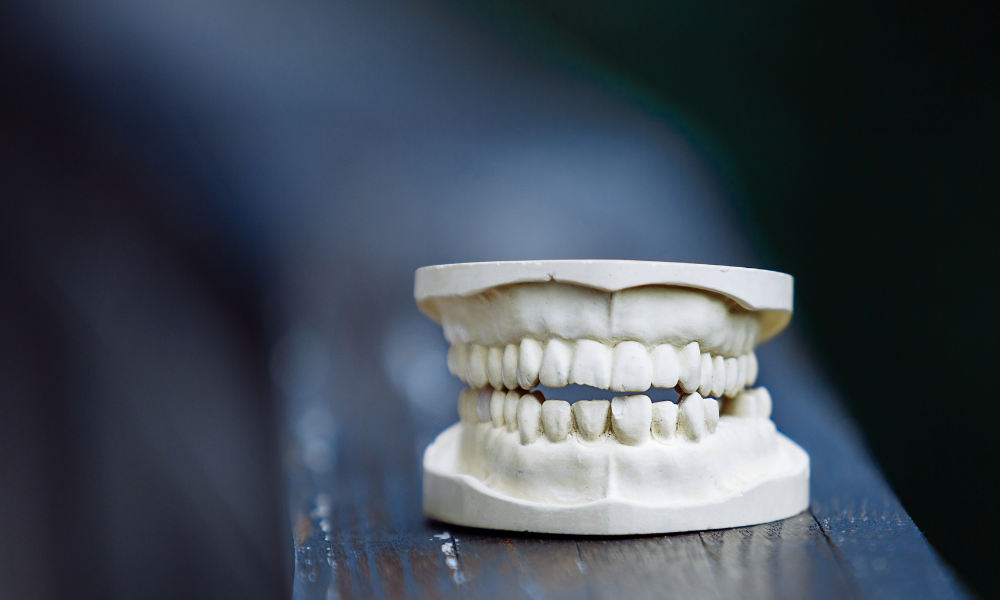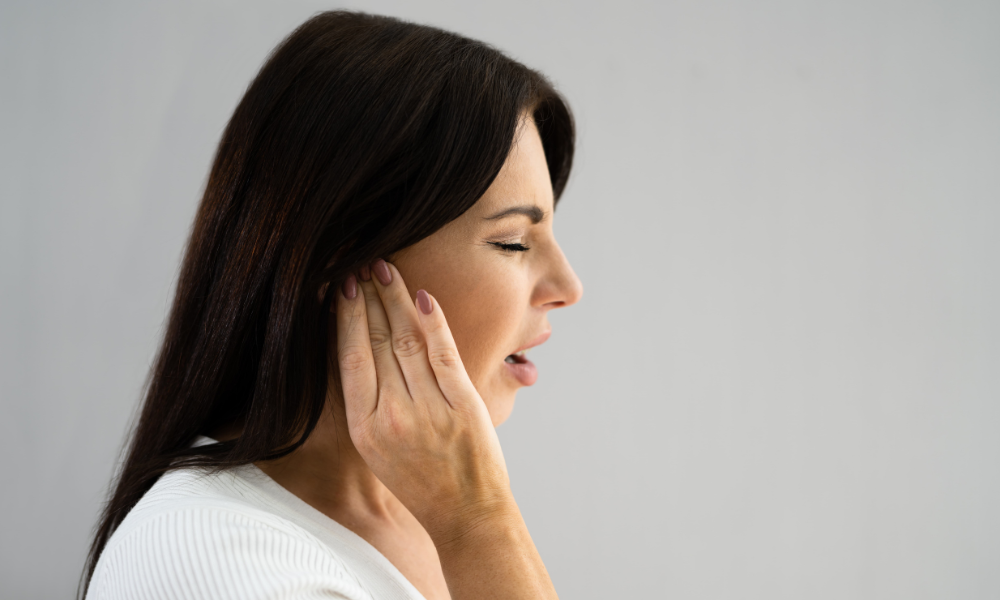
The complex nature of orofacial pain conditions, including temporomandibular joint disorders (TMD/TMJ), myofascial pain, atypical tooth pain, trigeminal nerve disorders, and neurovascular and neuropathic pain, requires a multifaceted approach for effective pain management and long-lasting relief. A comprehensive treatment plan typically consists of medical interventions, physical therapy, nutritional guidance, and an exploration of the role of psychological factors, such as stress, in the development and maintenance of pain symptoms.
Columbia Center for Sleep Apnea and TMJ is dedicated to providing patients with personalized and integrative care, focusing on all aspects of a patient's well-being, including psychological factors like stress. Understanding how stress can contribute to or exacerbate orofacial pain conditions is essential, as discovering and implementing effective coping strategies can significantly impact pain relief and improve overall quality of life.
In this article, we will delve into the connection between stress and orofacial pain, explore the physiological and psychological mechanisms linking stress and pain, and discuss effective coping strategies to minimize stress and its impact on orofacial pain conditions. By acknowledging the role of stress in orofacial pain and incorporating stress reduction techniques into your pain management plan, you can optimize your treatment, enhance your well-being, and effectively manage your orofacial pain condition.
The Connection Between Stress and Orofacial Pain
- Physiological Mechanisms Linking Stress and Pain
When the body experiences stress, it triggers a range of physiological responses, including the release of stress hormones like cortisol and adrenaline. These hormones can cause the muscles in the face, neck, and shoulders to tighten and become sore, leading to or exacerbating pain symptoms associated with TMD/TMJ, myofascial pain, and other orofacial pain conditions. Additionally, stress can lead to an increase in inflammation, which contributes to pain and discomfort. - Psychological Mechanisms Linking Stress and Pain
Stress can also influence pain perception and coping abilities, as it can lead to heightened pain sensitivity, negative emotional states, and an increased focus on pain symptoms. These psychological factors may worsen orofacial pain conditions and contribute to the development of chronic pain.
Effective Coping Strategies for Stress Reduction and Pain Relief
- Mind-Body Techniques
Mind-body techniques, such as meditation, mindfulness, deep breathing exercises, and progressive muscle relaxation, can help reduce stress and promote relaxation. By integrating these practices into your daily routine, you can effectively decrease the physical and psychological impacts of stress on orofacial pain conditions. - Cognitive-Behavioral Therapy (CBT)
Cognitive-behavioral therapy (CBT) is a proven psychological treatment that can help individuals manage stress and learn coping strategies for dealing with orofacial pain. CBT focuses on identifying and modifying negative thought patterns and behaviors to improve pain management and overall well-being. Partnering with a healthcare provider experienced in CBT, such as Columbia Center for Sleep Apnea and TMJ, can enhance your coping skills and pain management. - Regular Physical Activity
Engaging in regular physical activity is not only beneficial for overall health, but it can also help reduce stress and alleviate pain symptoms related to orofacial conditions. Exercise promotes relaxation, releases endorphins, and improves circulation and muscle strength—all essential factors in effective pain management. Consult with a healthcare provider, like Columbia Center for Sleep Apnea and TMJ, to develop an appropriate exercise plan based on your individual needs and limitations. - Time Management and Organization
Another effective method for managing stress is developing time management and organizational skills, which can help reduce feelings of overwhelm and chaos often associated with stress. Creating a schedule, setting goals, and prioritizing tasks can help individuals feel more in control of their lives, ultimately reducing stress levels and their impact on orofacial pain conditions.
When to Seek Professional Guidance
It is essential to consult with a specialized healthcare provider like Columbia Center for Sleep Apnea and TMJ when addressing the impact of stress on your orofacial pain condition. Dr. Bloxham can provide personalized guidance on integrating stress reduction techniques into your treatment plan, as well as ensure the proper diagnosis and management of your pain condition through a range of services and modalities.
Conclusion
Recognizing and addressing the role of stress in orofacial pain conditions is an integral part of effective pain management. By exploring the connection between stress and pain and incorporating appropriate coping strategies into your treatment plan, you can significantly improve your pain symptoms and overall well-being. With the support of
headache specialists in Richland like Columbia Center for Sleep Apnea and TMJ, you can develop tailored solutions that enable you to successfully manage your orofacial pain condition and enhance your quality of life. Embrace the power of stress reduction techniques and embark on your journey toward pain relief and improved well-being today.











